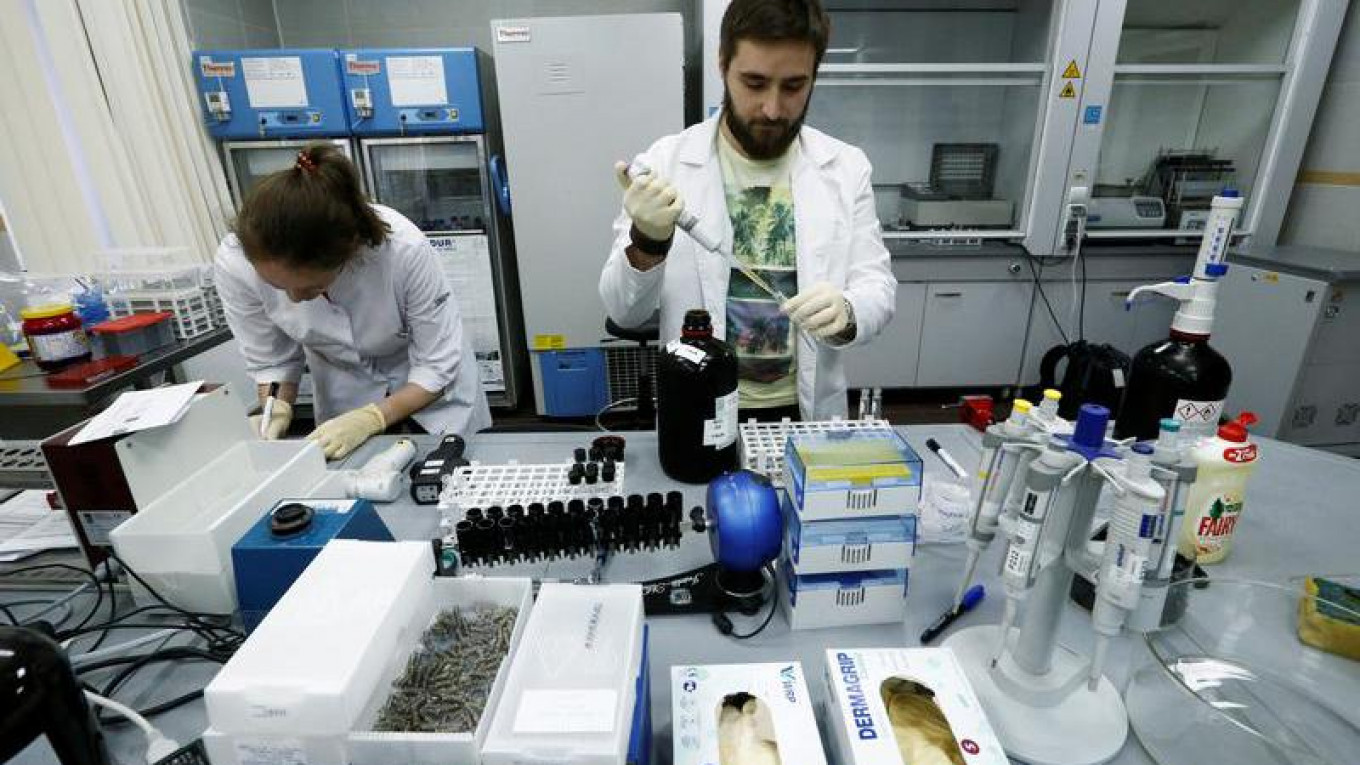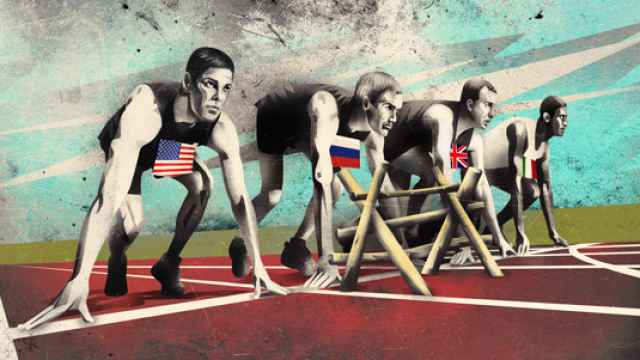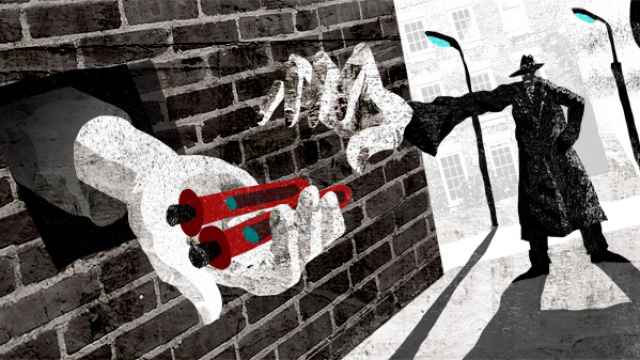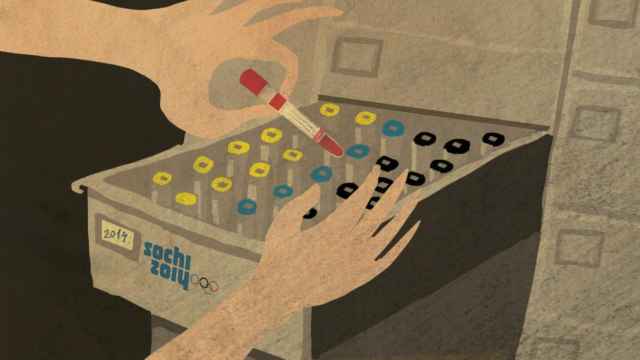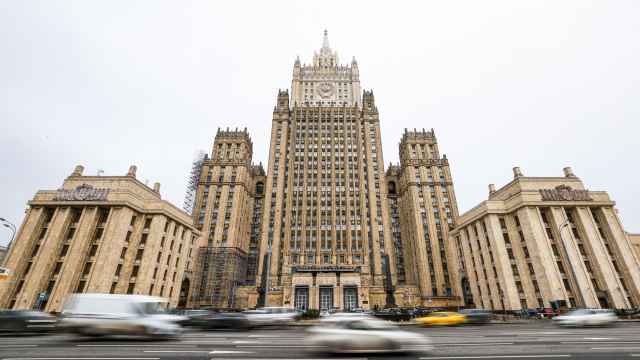The acting head of the Russian Anti-Doping Agency (RUSADA) has called Russian athletes using performance-enhancing drugs an "institutional conspiracy" in an interview with the New York Times.
Anna Antseliovich said she was “shocked” by the revelations made in the course of the World Anti-Doping Agency (WADA) investigation, which uncovered years’ of doping schemes. However, Antseliovich emphasized that the government’s top officials were not involved.
Vitaly Smirnov, head of Russia’s independent anti-doping commission, echoed Antseliovich's statements.
“From my point of view as a former minister of sport and president of the Olympic committee, we made a lot of mistakes,” he said.
However, Smirnov also denied that there was a state-sponsored doping system and said he would defer to the global governing bodies of each sport to rule on the evidence.
WADA's independent investigation revealed that more than a thousand Russian athletes spanning 30 different sports were connected with the use of performance-enhancing drugs or the concealment of positive urine samples.
The investigation also found evidence that 12 Russian athletes who won medals at the 2014 Winter Olympic Games in Sochi had substituted their drug test samples.
The allegations come as part of a report compiled by Richard McLaren, the lawyer who investigated the case. McLaren's report covers the 2011-2015 period, during which, the investigator claims, Russia carried out a massive operation to cover-up positive drug tests.
The first part of McLaren's report was published in July 2016, and accused officials of the Federal Security Service (FSB) and the Russian Sports Ministry of concealing positive drug test results and substituting urine samples during the Olympic Games in Sochi.
A Message from The Moscow Times:
Dear readers,
We are facing unprecedented challenges. Russia's Prosecutor General's Office has designated The Moscow Times as an "undesirable" organization, criminalizing our work and putting our staff at risk of prosecution. This follows our earlier unjust labeling as a "foreign agent."
These actions are direct attempts to silence independent journalism in Russia. The authorities claim our work "discredits the decisions of the Russian leadership." We see things differently: we strive to provide accurate, unbiased reporting on Russia.
We, the journalists of The Moscow Times, refuse to be silenced. But to continue our work, we need your help.
Your support, no matter how small, makes a world of difference. If you can, please support us monthly starting from just $2. It's quick to set up, and every contribution makes a significant impact.
By supporting The Moscow Times, you're defending open, independent journalism in the face of repression. Thank you for standing with us.
Remind me later.


